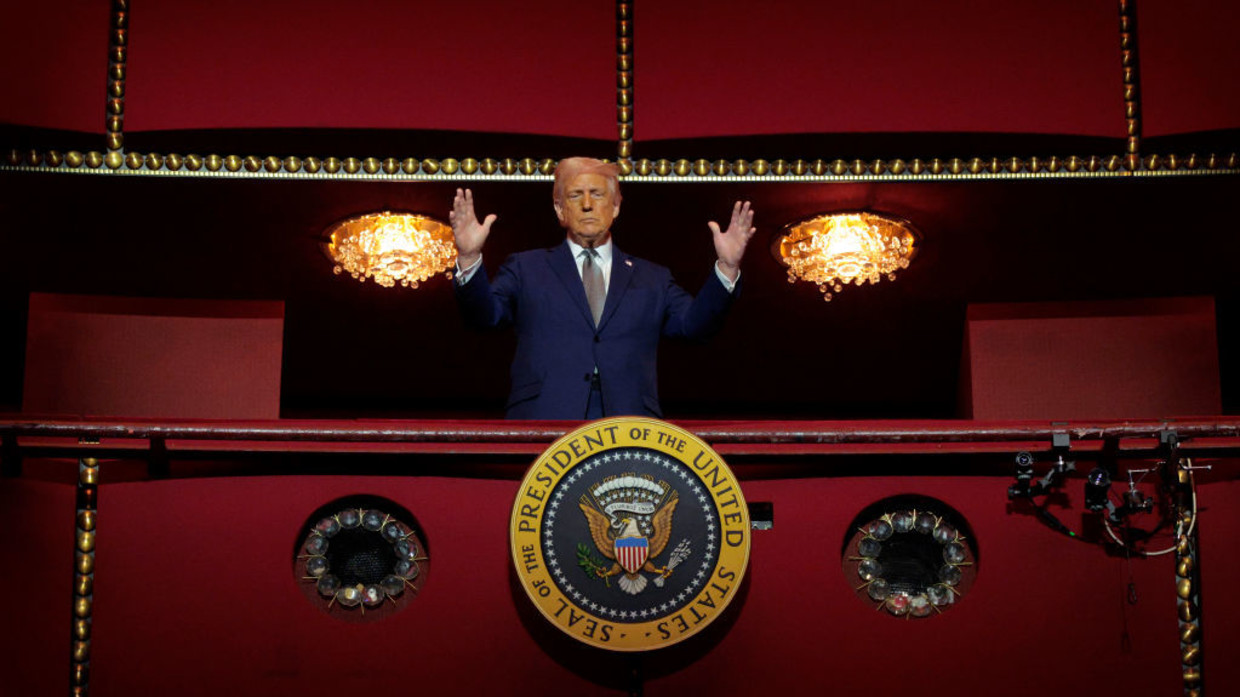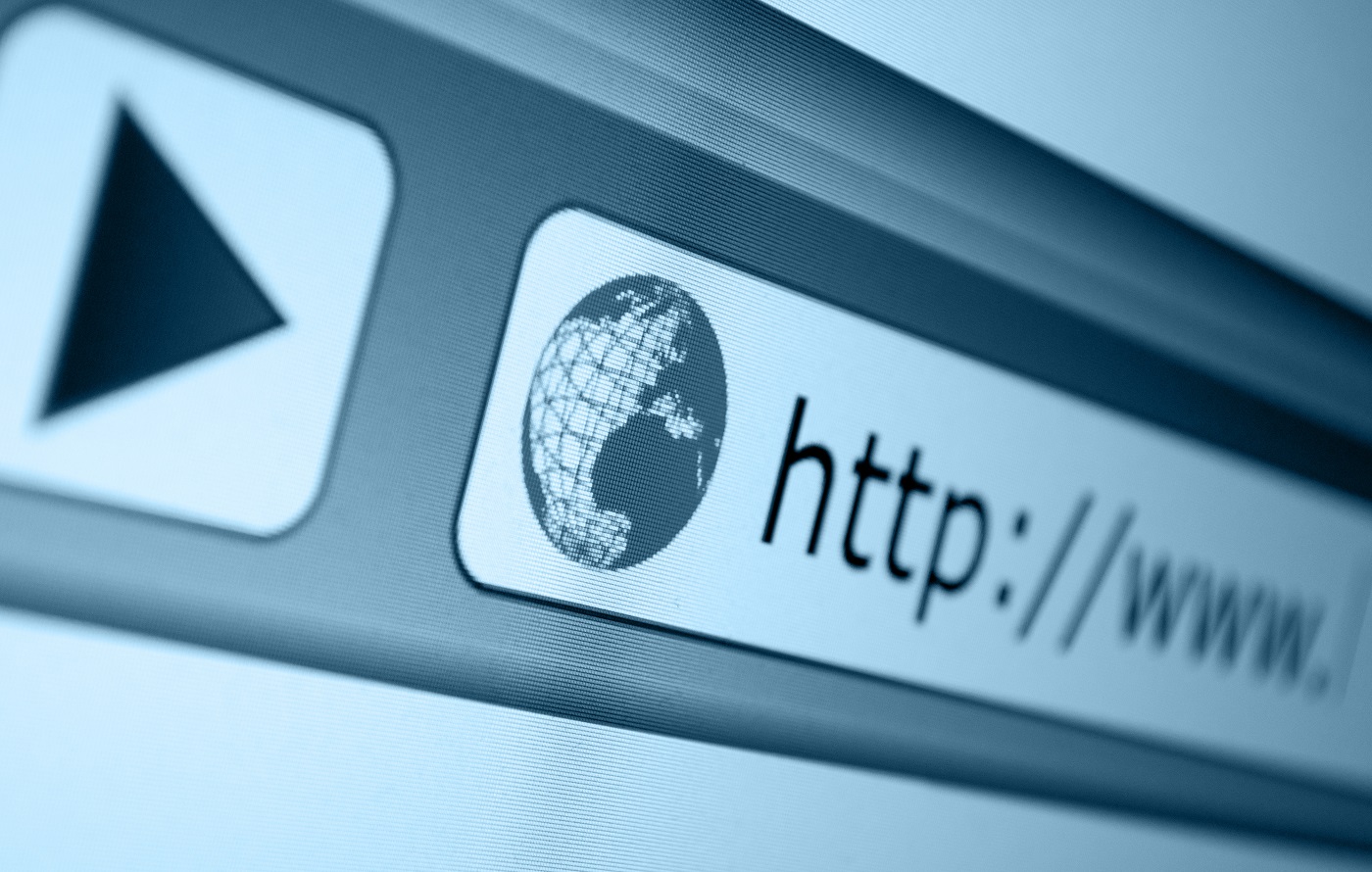In Trump's Era, Great Powers Compete, Not Preach
By Dmitry Trenin, a research professor at the Higher School of Economics and a lead research fellow at the Institute of World Economy and International Relations. He is also a member of the Russian International Affairs Council (RIAC).
The term "changing world order" has become a common refrain in global discussions. However, what often goes unnoticed is the rapid pace at which this transformation is unfolding – and the significant role that specific leaders are playing in driving this change.
Regime shifts in international relations typically occur in response to crises: wars between major powers or domestic upheavals. Historical moments like 1939-1945 and 1989-1991 exemplify such pivotal changes. These issues tend to build up slowly over decades, with the resolution emerging suddenly, much like a tectonic plate that shifts swiftly, creating an avalanche that radically alters the landscape. We've recently witnessed something akin to this, with one notable factor contributing to the change: the leadership of the state that has been most committed to upholding the remnants of the old world order.
The predicted decline of unipolarity, once anticipated cautiously and over a longer timeline, has arrived ahead of schedule. The United States, long a proponent of liberal internationalism, is no longer resisting the move toward a multipolar world. Under President Donald Trump, it has become an active participant in this shift.
This change isn’t simply a campaign promise or a shift in rhetoric. It's a structural break. Within a matter of weeks, the U.S. transitioned from defending unipolarity to seeking dominance within a multipolar world – yet on new terms: less idealism, more pragmatism. In doing so, Washington may unintentionally bring about the very outcome that prior administrations tried to prevent.
Trump’s approach has profound and long-lasting effects. The U.S., the most powerful global actor, has moved away from defending liberal globalism and embraced a more pragmatic approach focused on great power rivalry. The rhetoric of human rights and democracy promotion has been replaced with the phrase "America First," which is now central to both domestic and foreign policy.
Under Trump, the U.S. has dropped the once-prominent symbols of Western liberalism, such as the rainbow flags of BLM, and instead prominently displays the American flag. This marks a shift in U.S. foreign policy: it is now centered on national interests rather than ideological principles.
This shift is not just theoretical; it has been a geopolitical earthquake.
First, multipolarity is no longer a distant possibility. Trump has moved the U.S. from the role of enforcer of unipolarity to an active player within a multipolar system. His doctrine of “great power competition” is more in line with realism than the post-Cold War liberalism that had dominated Washington for decades.
In this worldview, the global stage is populated by sovereign powers: the U.S., China, Russia, India – each pursuing their interests, sometimes in conflict, sometimes cooperating. Alliances arise not from shared values but from shared necessities. This is a world that Russia understands well and one in which it thrives.
Second, Washington’s pivot to realism signifies a shift in how it interacts with the world. The era of liberal crusades is over. Trump has cut funding to USAID, reduced budgets for "democracy promotion," and shown a readiness to engage with all types of regimes, as long as they serve U.S. interests.
This marks a departure from the moral binary frameworks of the past. Ironically, this approach aligns more closely with Russia’s worldview. Under Trump, the White House no longer seeks to export liberal values but to negotiate power.
Third, the West, as it once existed, is no more. The liberal "collective West," unified by ideology and transatlantic cooperation, has fractured. The U.S. has effectively pulled away, putting national interests above globalist commitments.
What remains is a fragmented West, divided between nationalist governments like Trump’s and traditional liberal powers in places like Brussels, Paris, and Berlin. The internal clash between these two visions – nationalism versus globalism – is now the defining struggle in Western politics.
This struggle is far from resolved. While Trump’s dominance may seem inevitable, resistance at home remains strong. If the Republicans lose the 2026 midterms, his agenda could face significant setbacks. Additionally, his constitutional inability to run for a third term in 2028 means time is limited.
As the West fractures, the "World Majority" – a loosely defined coalition of nations outside the Western bloc – continues to grow. Initially described as states that refused to sanction Russia or arm Ukraine, it now represents a broader global realignment.
The World Majority is not a formal alliance but a shared stance: sovereignty over submission, trade over ideology, and multipolarity over hegemony. BRICS, the SCO, and other regional organizations are evolving into legitimate alternatives to Western-led institutions. The global South is no longer a peripheral entity – it has become a stage.
We are witnessing the rise of a new "Big Three": the U.S., China, and Russia. India is likely to join this grouping. These nations may not be ideological allies, but they are civilizational powers, each charting its own path.
Their interactions are based on pragmatism, not sentimentality. Take China’s position during Russia’s military actions in Ukraine: while maintaining a strategic partnership with Moscow, China has worked to preserve access to Western markets. This is not betrayal – it is diplomacy at its finest. In a multipolar world, every player keeps an eye on its own interests, and Russia understands this dynamic.
Russia's role in this evolving world is pivotal. Over the past two years, it has become more self-reliant, assertive, and central to the global system. The Ukraine war – and Russia’s economic, social, and military resilience – has reshaped how the world perceives its position.
Russia is no longer viewed as a minor player or regional power. It now engages on equal footing with Washington, Beijing, and New Delhi. This shift is evident not only in diplomacy but in global logistics: new Eurasian trade routes, expanded BRICS cooperation, and increased use of national currencies in trade.
Having cemented its status as one of the world’s leading powers amid the Ukraine conflict, Russia is now poised to take its rightful place in the global order. It is important, however, not to become complacent. America's shift toward realism is a result of Russia’s military success, the resilience of its economy, and the unity of its people.
Moving forward, Russia must continue to build on this momentum. While the U.S. has pivoted toward realism, it remains a competitor. Russia must strengthen its technological sovereignty, deepen ties with Asia, and pursue a pragmatic foreign policy based on current realities, not past ideologies.
Russia must also monitor the internal dynamics of the West – especially the U.S. presidential election cycle and the tensions within the European Union. However, Moscow should no longer base its policies on the approval or acceptance of the West. Relations with Western European nations are becoming increasingly strained, especially as Russia engages more directly with the U.S.
The unity of the West is now contingent, transactional, and full of contradictions. France, Germany, and Italy may face political challenges, and European integration may stall. For Russia, engagement should be strategic – aware of the shifting landscape and cautious in its approach.
The new world order is no longer a distant prospect – it is already here. We are past the theoretical phase. Now begins the competition for position. The world has become multipolar, not by design, but because power itself has shifted. While Trump may not have caused this transformation, he has undeniably accelerated it.
For Russia, the task now is not to disprove the old world order, but to assert its place in the new one.
Is this content hitting the mark for you? If so, consider supporting my work—buy me a virtual coffee! 



